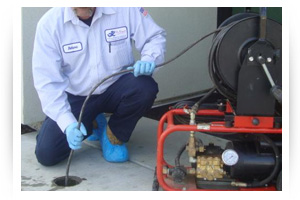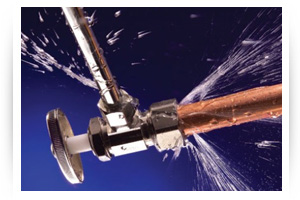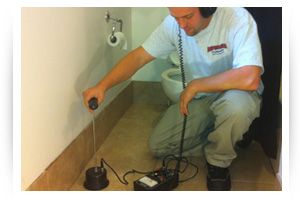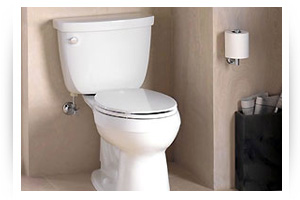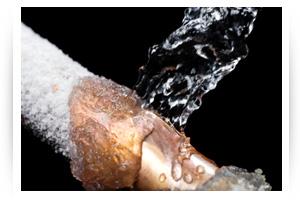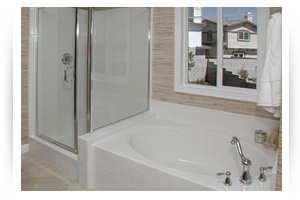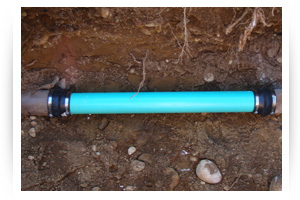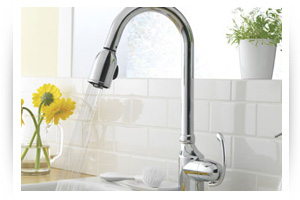To Book an Appointment Call:
(323) 662-6997
Serving Your Town, Your State
Open Monday through Friday
Customer Testimonials

"You can trust them."
“The technician did an excellent job explaining the work and all possible outcomes. He knew his job well.”
Carol from Your Town
Home > General Services > Sump Pumps
Sump Pumps Installation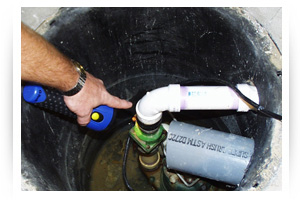
What a Sump Pumps does:
A Sump Pumps is used to dewater basements and crawl spaces. There are six different types of sump pumps, each with advantages and disadvantages. Determine what you require from a Sump Pumps and then decide on a specific type.
Sump Pumps Installation Directions:
Before performing a Sump Pumps installation, ALWAYS disconnect the pump from the power source before handling.
Clear any debris from pit and place the pump inside. A solid bottom is required to prevent dirt from clogging the pump.
Make sure the pump is centered so that it will not come into contact with the sides of the pit which might cause operational problems.
Pipe the Sump Pumps discharge into the house drainage system, a dry well or a storm drain.
Install a swing type check valve on the discharge piping to prevent backflow of water into the sump pump.
Drill a relief hole in the discharge pipe to ensure that the pump will not “air lock”, which would allow the pump to run but not pump water.
Secure the pump cord to the discharge pipe.
Connect the pump to an electrical outlet. Run water into the sump to test it.
Do not attempt to operate the pump without water.
Fill Sump Pumps with water to the normal turn on level
After the Sump Pumps installation is completed, you may wish to install a Sump Pumps cover. This will help eliminate odors and keep debris from falling on top of the pump.
Sump Pumps Installation - Should you do it yourself?
To avoid problems and dangerous situations related to Sump Pumps installation, it is highly recommended that only technically qualified personnel install and/or repair Sump Pumps.

